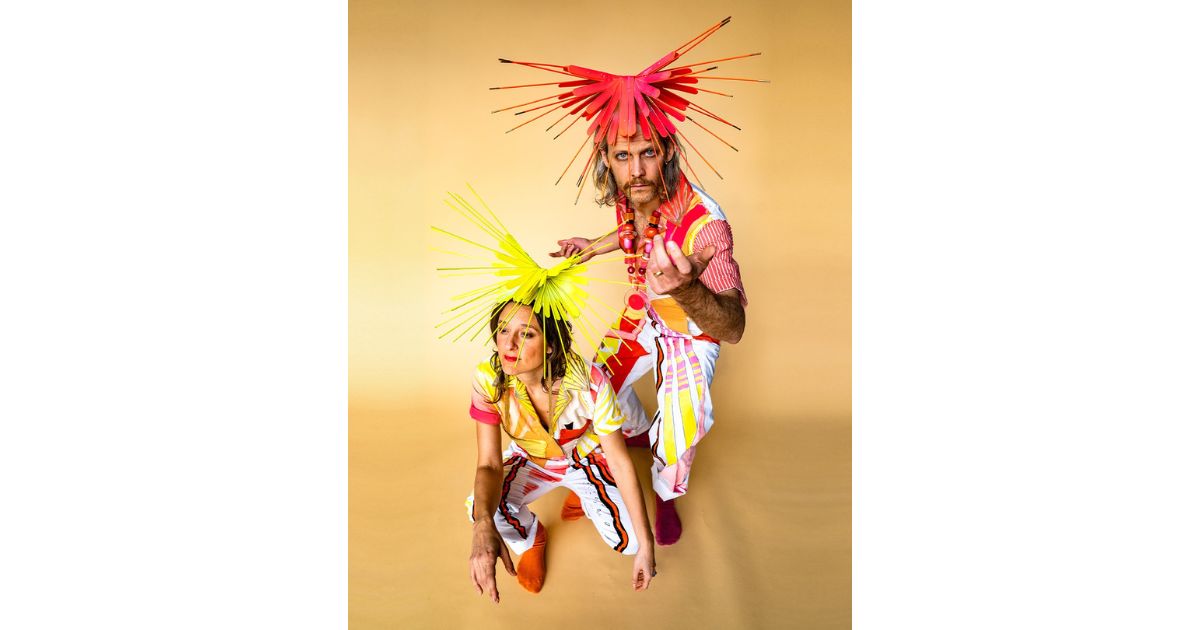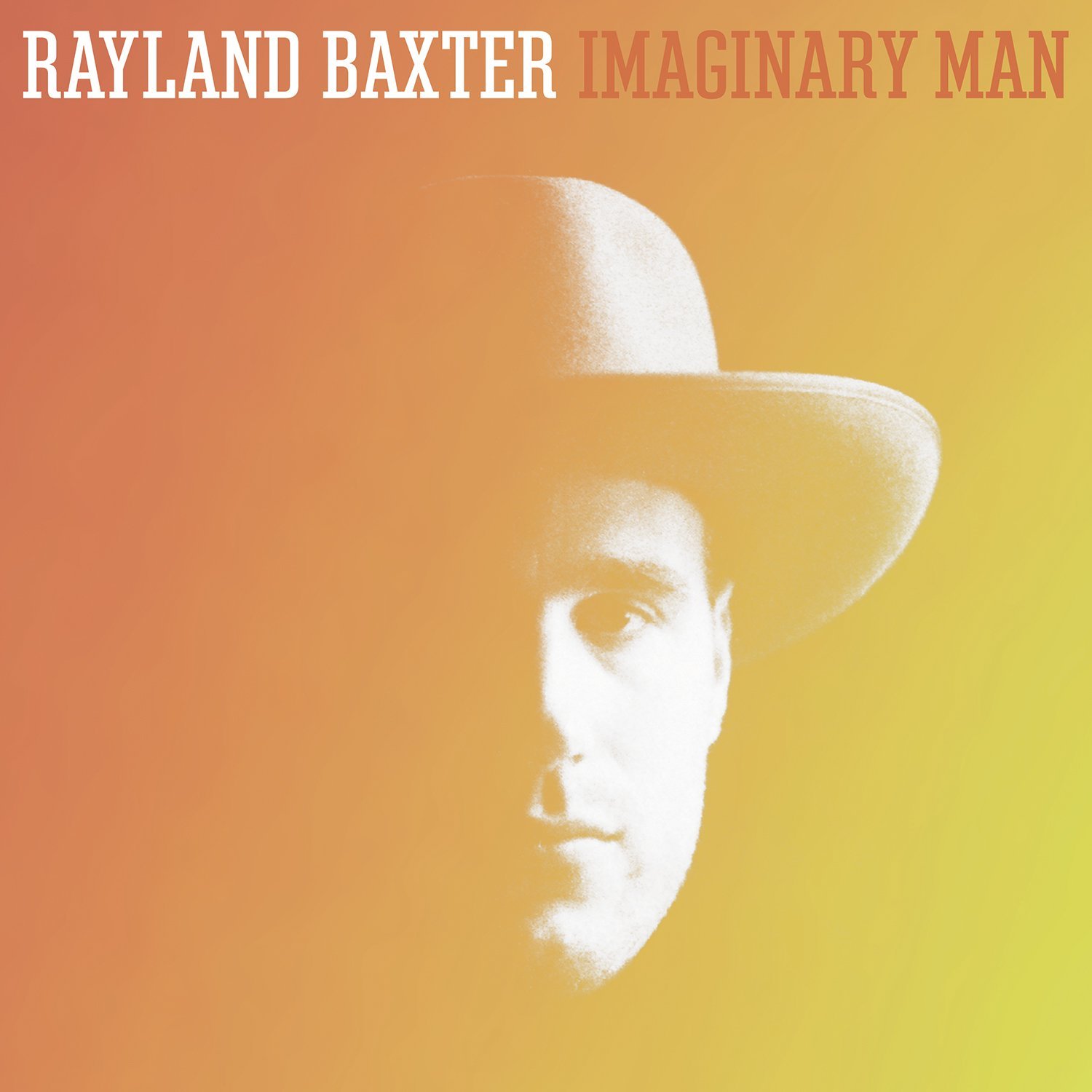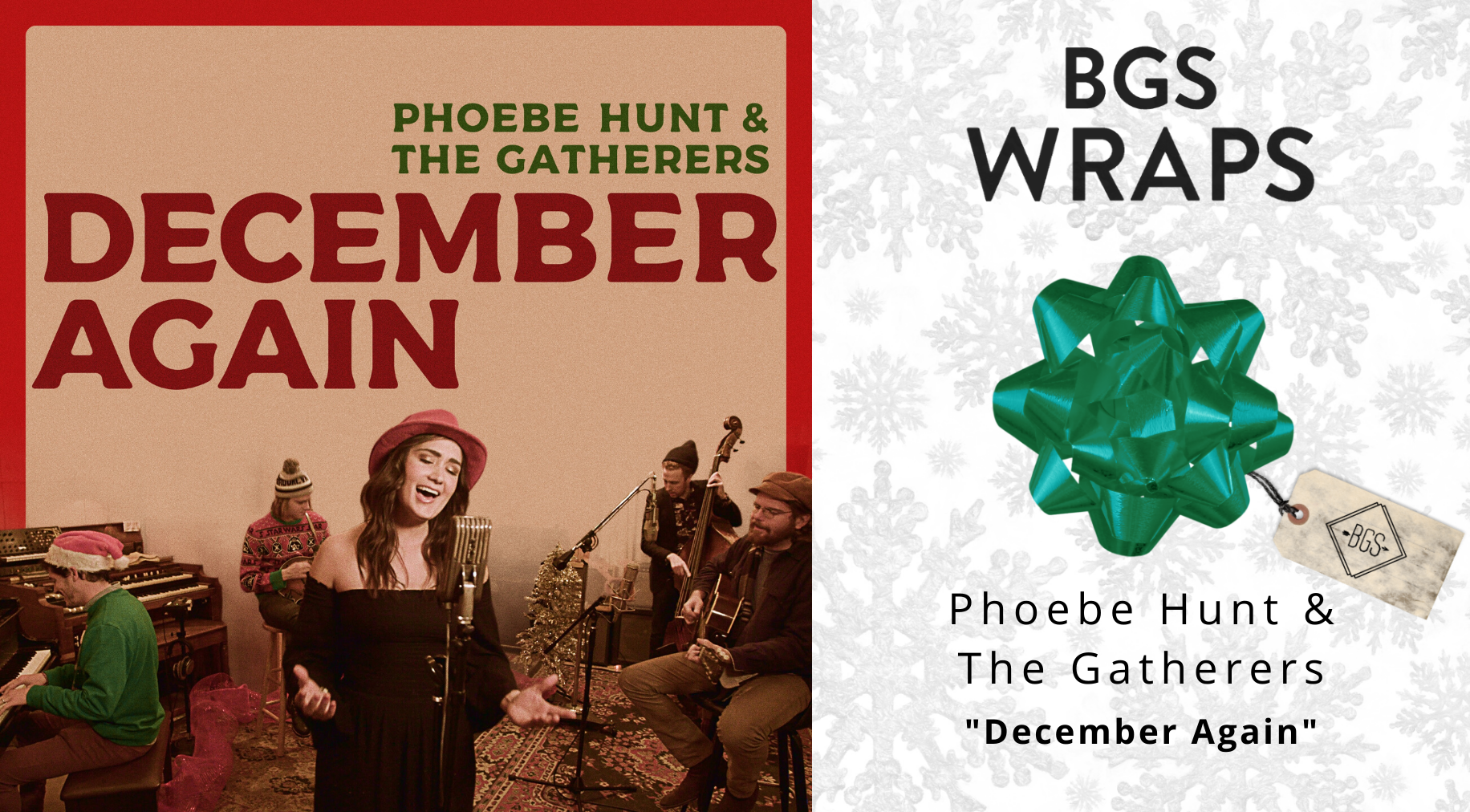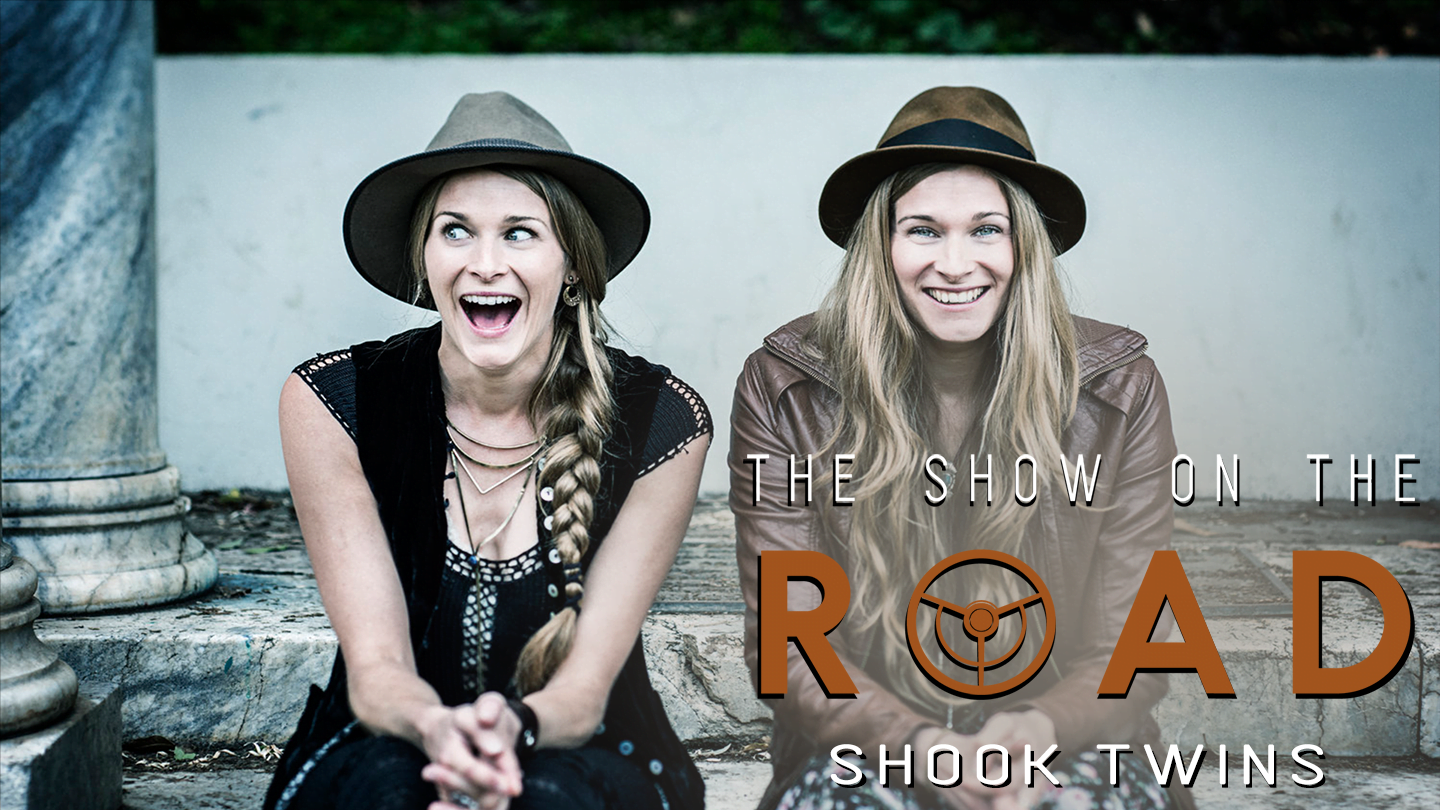Artist: David Wax Museum
Hometown: Charlottesville, Virginia (David is originally from Columbia, Missouri, and the band formed in Boston)
Latest Album: You Must Change Your Life
Personal nicknames or rejected band names: Honestly, the name David Wax Museum started off as a tossed off joke, but it’s stuck around for 16 years. The name was suggested by a friend Anna Henchman who supposedly gave Evan Dando the band name idea Lemonheads.
What other art forms — literature, film, dance, painting, etc. — inform your music?
My songs are constantly in dialogue with literature, specifically novels and poetry. I keep a stack of poetry by my side whenever I’m writing — Pablo Neruda, Denis Johnson, James Wright, to name a few — and I’m often making random word lists as I thumb through the pages. The title track of the record “You Must Change Your Life” is based on a line from Rilke. His exhortation has always moved me quite powerfully. In the poem, “Archaic Torso of Apollo,” a headless sculpture “sees” inside the poet and stirs him so deeply that he cannot go on living like he was before. While the phrase captures the change that can come through witnessing art, I realized I needed to bring this lofty idea down to earth through a specific character at a specific moment in time. Literature often serves as this type of springboard for me.
While writing the songs on You Must Change Your Life, I was deeply immersed in Karl Ove Knausgaard’s My Struggle. This Norwegian author’s six-part series explores his life (from the most mundane to the most profound aspects) with such searing honesty that it gave me the courage to write these songs, to shine such an unsparing light on my heart and the questions of desire that animate this record.
Which artist has influenced you the most … and how?
Paul Simon. He’s had the most consistently inspiring career, and his lyrics, his phrasing, and his musical curiosity have sent me down so many fruitful paths as a songwriter. Graceland remains a musical north star for me, and I return to it again and again for ideas and sustenance. He showed what was possible, as a musician unconstrained by genre and as a lover of folk music from all over the globe. There are definitely other artists (David Byrne comes to mind) who have likewise continually evolved and challenged themselves as artists, but no one else has so consistently made music that resonates for me personally. Paul Simon has masterfully explored his inner world but has done it in a way that bridges musical cultures, places his introspection within this broad, rhythmic canvas of the world, and all the while held up the artistry and craft of the song.
For me, a deep exploration of traditional Latin folk music, specifically son mexicano, has informed much of my songwriting and the development of the band’s sound. While living in Mexico studying folk music I began to write songs that used Mexican rhythms and song structures but were clearly not Mexican folk songs. I started to envision a way to bridge these two musical influences — the one of my upbringing and the one of my passion. This current doesn’t run through every song of ours, but it pulses through the records and the live shows and continues to inspire me. The instruments and rhythms are a deep well I return to time and time again. And through this exploration, I found my voice and discovered a way to be a part of a larger conversation.
What’s your favorite memory from being on stage?
We were once invited to perform in the Czech Republic at the Colours of Ostrava festival. It’s a wild setting for an event, tucked in under the looming towers of an old steel factory. It remains one of my favorite memories from being on stage because the audience was so welcoming and emotive. The thousand or so Czechs who had gathered under the tent with us had never heard of our band, but it’s as if the whole crowd collectively decided they were going to embrace us for who we were and have a transformative, magical experience together. They learned the songs as we went and started singing along. They improvised group responses. They danced. They cheered. It felt like the perfect gig.
It was made all the more meaningful because Suz’s father was with us to take care of our 9-month-old daughter. It had been a formidable trip to get five musicians, a grandparent, and a baby to this distant town, but when Suz and I were first falling in love on tour, we imagined a future of traveling the world with a family, and it was so gratifying to be actually doing it all those years later.
And now, looking back, I can appreciate the creative moment that the show represented for us as a band. It was the last hurrah of a particular line-up, one that had been honed for years and that was communicating on such a deep musical level with one another. Suz and Greg Glassman, the bassist, had been singing together for years in bands. And my cousin Jordan Wax, who I grew up making music with, was playing accordion and keyboard with us. We’re practically brothers. Additionally, Jordan and Greg had begun a new band together in New Mexico (Lone Piñon). So there were so many deep musical ties amongst the group, and it translated into this beautiful cohesive musical family.
If you had to write a mission statement for your career, what would it be?
To carve an authentic path with integrity and vitality. When we got started as a band, it seemed like there were these very clear steps to take to become serious, professional musicians. And, to a degree, that felt true for the first five years as a band. But at a certain point, there stops being a template or a model to copy. At least for a band like us, it became apparent that we needed to create our own version of a successful career that was true to ourselves. Initially that meant figuring out a way to tour sustainably as a family. We needed to build and nurture a wide community of support to pull this off.
As hard and disheartening as it can be at times, we’ve created our own model for DIY, family-oriented touring that we can do between record cycles. And the relationships we’ve cultivated with our fans by doing it this way eventually enabled us to raise the money to build this unbelievable music studio in our backyard (read more). This unique path has also led to creative projects that don’t fit within the traditional music industry. One of our favorites is a blindfolded, meditative concert experience called Golden Hour that we’ve created with our dear friends Lowland Hum.
Since food and music go so well together, what is your dream pairing of a meal and a musician?
I would love to share an Ethiopian meal with Jeff Tweedy. I don’t know if he even likes Ethiopian food, but it’s our go-to meal on tour. We usually order a large vegetarian combo plate to share with our kids and bandmates. And if anything is left over, it even tastes great as a cold, post-show snack. As for the company, Jeff Tweedy is one of my musical heroes. I first started listening to his first band Uncle Tupelo in junior high when someone gave me a cassette tape at jazz camp. It blew my mind, particularly hearing someone from my part of the world (just outside the St. Louis orbit) making a gritty, earnest Midwestern sound, steeped in country, punk, and rock ‘n’ roll. It helped me find my own voice and validated my own instincts and intuitions. My dream is to make a record with Jeff in Wilco’s Loft, so I like to imagine this meal would be a pre-production meeting over Ethiopian food, discussing songs and sounds and instruments.
Photo Credit: Tristan Williams



